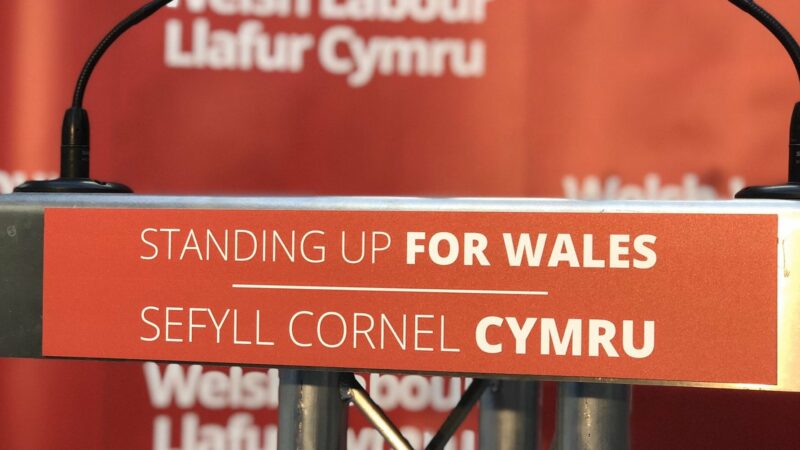
Uncertainty, delays and austerity may have been forced upon us. But it is our Welsh Labour values, promises and priorities which have shaped our Welsh government budget. That means standing up for public services, planning for the long term and investing in the future of our planet.
The draft 2020-21 budget I have published today will confirm investment of some £37bn in the Welsh NHS since 2016, alongside investment in new ambitions for our efforts to combat climate change. I am proud that our plans also confirm delivery on key pledges we made to the people of Wales back in 2016. Today’s budget means that by the end of this term we will have invested:
- £80m for a new treatment fund, cutting waiting times for new drugs from 90 days to just ten;
- More than £200m to roll out 30 hours of free childcare, 48 weeks of the year, for working parents of three- and four-year-olds across Wales;
- £575m to deliver 100,000 quality all age apprenticeships;
- £580m to support small businesses with their rates;
- An extra £100m to improve school standards;
- £2bn for more than 20,000 affordable homes.
The latest UK Treasury figures also prove our record on protecting public services. Spending per head on public services in Wales last year stood 11% higher than the UK average; and spending on health rose faster here than in any other part of the UK. In fact, health spend per head in Wales is now 6% higher than in England – proof that Welsh Labour has continued to protect the NHS in the midst of ruthless Tory-imposed austerity.
A major core funding increase for local government will also mean boosted resources for schools and social services in Wales. Taken together with specific grants to support disadvantaged pupils and those receiving care, funding for councils will rise by more than £220m in 2020-21. This is more than we received from the UK government in the spending round to reflect the extra schools and social care funding in England.
Unlike in England, we will also continue to protect free prescriptions, the education maintenance allowance, the Wales union learning fund and the largest school building programme since the 1960s, to name just a few.
For the first time, Welsh government ministers have led work on policy areas outside of their departments to focus on new opportunities to deliver a more preventative budget for future generations.
This new approach has seen ministers focus on eight priorities where we can have the biggest impact in the long term: social care, better mental health, poverty, housing, employability and skills, early years, decarbonisation and biodiversity. This has led to extra funding to tackle holiday hunger and period poverty, Flying Start (similar to Sure Start), more support for school counselling services and a gender budgeting pilot as we invest to up-skill the Welsh workforce.
The first Welsh government budget since the declaration of a climate emergency also delivers a fresh £140m package to support our decarbonisation and biodiversity priorities. The new funding will support projects ranging from innovative low-carbon housing and ultra-low emission refuse vehicles to active travel routes and a national forest for Wales.
One of the greatest risks to social justice in Wales arising from climate change is the impact on home energy costs. In this budget we are committing £36m – including £8m of EU funding – to fund energy efficiency measures for 25,000 households. This investment will prioritise those in greatest need, including people living with circulatory and respiratory conditions. This is important preventative spend, with research showing that our work is reducing demand on the NHS by protecting vulnerable individuals from damp and cold conditions. Since 2010 we have invested more than £240m through this programme, helping to lift tens of thousands of low income households out of fuel poverty. That’s a snapshot but our low carbon delivery plan sets out a comprehensive overview of our approach.
It is abundantly clear that government spending alone will not address the pressure the climate emergency presents to us all. Therefore our most powerful initiatives are not necessarily those that receive the highest financial investment, but those which provide the opportunity for people in Wales to invest their time and energy to take action on tackling climate change. And we can draw motivation from recycling rates that place Wales third in the world when moving to an approach that inspires people to play their part.
As a decade of austerity firmly places one hand behind our back, this budget strives for a greener, more equal and more prosperous Wales.




More from LabourList
‘Security in the 21st century means more than just defence’
‘Better the devil you know’: what Gorton and Denton voters say about by-election
‘Unity or division’: Starmer’s message to voters in Gorton and Denton